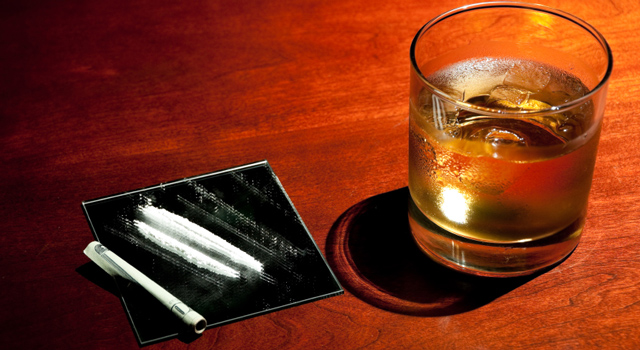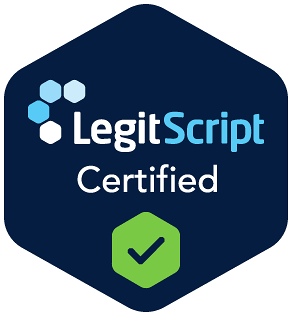A question posed by many children of drug addicts is, “how do I get my parent sober?” Unfortunately, the answer to this question rests solely on your parent’s willingness to get help. If they are willing to seek the help necessary to get sober then the answer is you can help your parent by being supportive and offering your assistance in finding a treatment center or 12-step program for them to attend. If they are not willing to get sober then there isn’t much that you can do except take care of yourself, emotionally, mentally, and spiritually, and not enable them so hopefully they can find their bottom quicker. The decision to finally get clean and sober is a personal one that must be made by the person afflicted with the addiction, but that does not mean that all hope is lost if they are not ready yet. If this is the case remember you are not alone in this struggle and hopefully the information below will help you in some modicum way to deal with the trying situation of having an addicted parent.
Learning to Cope With an Addicted Parent
Dealing with an addicted parent is not a modern concept, although the age that we currently live in offers more options for coping than any other time in human history. In the past, many people were forced to keep their parent’s addiction a secret and suffered quietly for fear of judgment and misunderstanding. The shame that a child can feel when their parent is addicted to drugs or alcohol is very real and having the proper outlet for these feelings is extremely important.
Some of the greatest resources for children who have parents addicted to drugs or alcohol is Al-anon, Alateen, and Nar-anon. Theses are 12-step based programs for people whose loved ones suffer from addiction. Many of the people that you will meet there have been through what you are going through and will be able to relate and help unravel the tangle of emotions that having an addicted parent can bring. This act of relating is so important when learning to cope with a parent who is actively addicted to drugs or alcohol because it lets you know that you are not alone. Alcoholism and drug addiction is a great isolator, in that it not only hopes to isolate the alcoholic or drug addict, but it also hopes to isolate those around them so that it can continue to grow unimpeded. Knowing that there are others out there who have suffered what you have suffered and made it through to the other side is an important step in ending the isolation and moving towards the self-care necessary to cope with a parent’s addiction.
If you are not ready to seek out help from a 12-step based program just yet, there are other options available to you. It can be a very difficult thing to open up to strangers, especially after living with an addicted parent for years, and so in this case, there is a plethora of literature available on the subject. A suggestion for related books is below.
- Healing The Child Within by Charles L Whitfield M.D.
- Codependent No More by Melody Beattie
- Adult Children of Alcoholics by Janet Woititz
- For Teenagers Living With a Parent Who Abuses Alcohol/Drugs by Edith Hornik-beer
- When Parents Have Problems by Susan B Miller
Besides these books, which are widely available, you can also read some of the materials offered from 12-step based programs by visiting their websites and buying pamphlets and literature there.
Helping Your Addicted Parent Reach Bottom
Helping a drug addict or alcoholic reach their bottom is one of the toughest things that a loved one can do. It goes against the very nature of the relationship of secrecy and enabling that has been established through years of living with the addict, and at times, it can also feel like you are abandoning them. Add to this dilemma the fact that the person who you are attempting to help hit bottom is your parent and it can be a very confusing and difficult task. This is why it is suggested that you seek help from a 12-step based program, where those who have already been through this process can help you to navigate it.
Below is a list of actions you can take to stop enabling your parent and start helping them reach their bottom. Depending on your age and the nature of your relationship, some of these may be more applicable than others. A disclaimer as well, if you are currently living with an addicted parent who is abusive, you may want to seek counsel from a professional before engaging in any of these actions. Actions you can take are:
- Stop lying, covering up, or minimalizing your parent’s behavior. This does not mean that you need to tell everyone in the world about their addiction, but if someone makes an honest inquiry, tell them the truth.
- Do not make excuses for them or “help” them by calling out sick to work, or apologizing for them not attending events that they were supposed to attend.
- Do not clean up their messes, both figuratively and literally. If your addicted parent falls and breaks something in the house, leave it for them to find. If they make a social blunder, let them get themselves out of it.
- Do not do things for them that they would be able to do if they were sober.
- Do not give them money. If you are not currently living with them, do not help to pay their bills.
- Set boundaries for yourself and live up to them.
Seeking Treatment
If your parent is not ready to seek treatment for their addiction then continue to take care of yourself, remembering that none of their actions are your fault. You did not put them in the situation that they currently are in and you are not responsibility for it in any way. Hopefully, by following the suggestions for disengaging any enabling behaviors they will hit bottom and want to seek help. Once your parent is ready to seek treatment you can contact the professionals at SoCal Detox, at toll-free 888-590-0777. They will give your parent the tools necessary to seek a life of recovery, as well as offer you the familial support to make it through these trying and difficult times.






